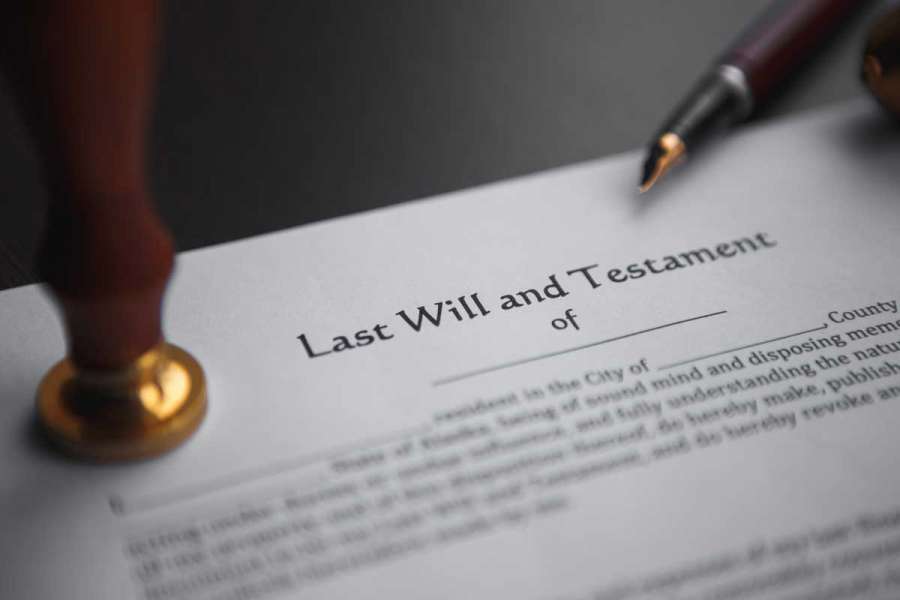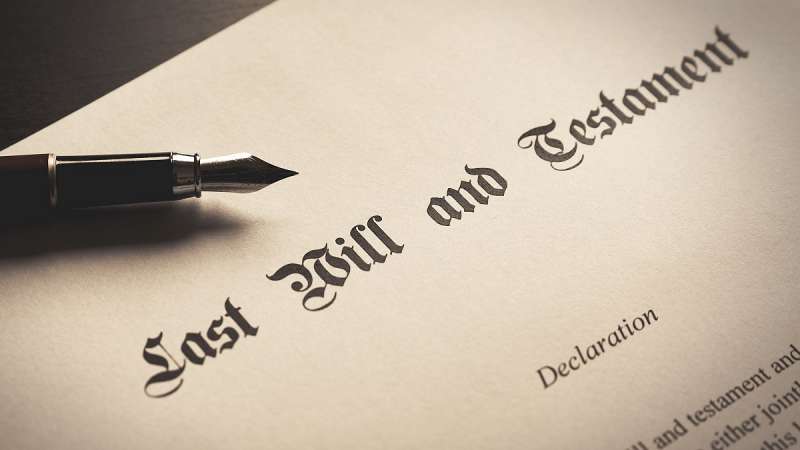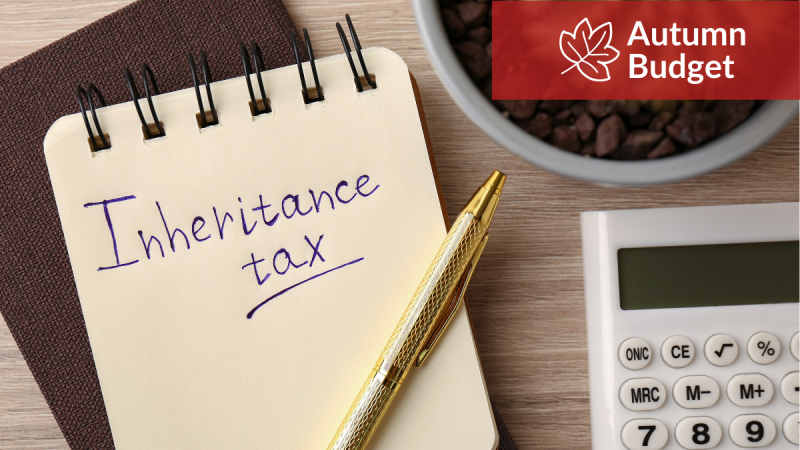
One of the most important considerations for parents regarding estate planning is appointing a legal guardian for minor children.
Whilst the thought of not being there for your child may be unsettling, planning to secure their future can give you peace of mind, knowing that they will be cared for by someone you trust.
In the article below, Myerson's team of expert Wills, Trusts, and Probate solicitors explain what every parent should know about appointing a legal guardian.











